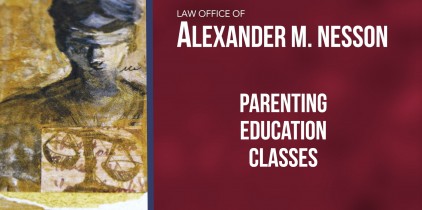In Massachusetts how many opportunities for a Custody Hearing are there in Massachusetts?
When DCF is involved, there can always be different circumstances, but there are a couple of different types of custody hearings that you have.
One is a “72-Hour Hearing”. This is where the Department must show that there is enough evidence to keep temporary custody of the children. There may be advantages to waiving that 72-hour hearing in certain circumstances, but if the allegations are substantially untrue or even if they are true but don’t rise to the level you should be very careful about deciding on whether to waive your right to a 72-hour hearing. A 72-hour hearing does not necessarily mean it is going to be concluded within 72 hours. It is also including 72-hour hearing regarding court judicial hours. So, it does not necessarily mean that it will conclude within 72 hours.
After a 72-hour hearing it can take months or even more than a year to have a trial. The trial would determine whether the Department can show clear and convincing evidence that the child or children should remain in the permanent custody of DCF (even though it says permanent custody, that would not necessarily mean that your parental rights are terminated, and you would have the right to a Review and Redetermination in the future).
Second type of hearing is “Best Interest Determination of Parental Rights Hearing”. If DCF either is part of the permanent custody hearing or afterwards is seeking to terminate parental rights.
In addition, you do have the right to work with DCF and DCF can do placement and dismiss the case. There are times where you can be heard at the preliminary hearing; which is when DCF presents the Affidavit to determine whether or not the care and protection petition should be allowed, and emergency custody should occur. Although, this frequently does not occur and many times it is only DCF that is presenting that aspect of the case.
In addition, you can do motions to say that DCF is abusing their discretion and other types of motions, but these are the two types of general hearings that you have regarding custody.







